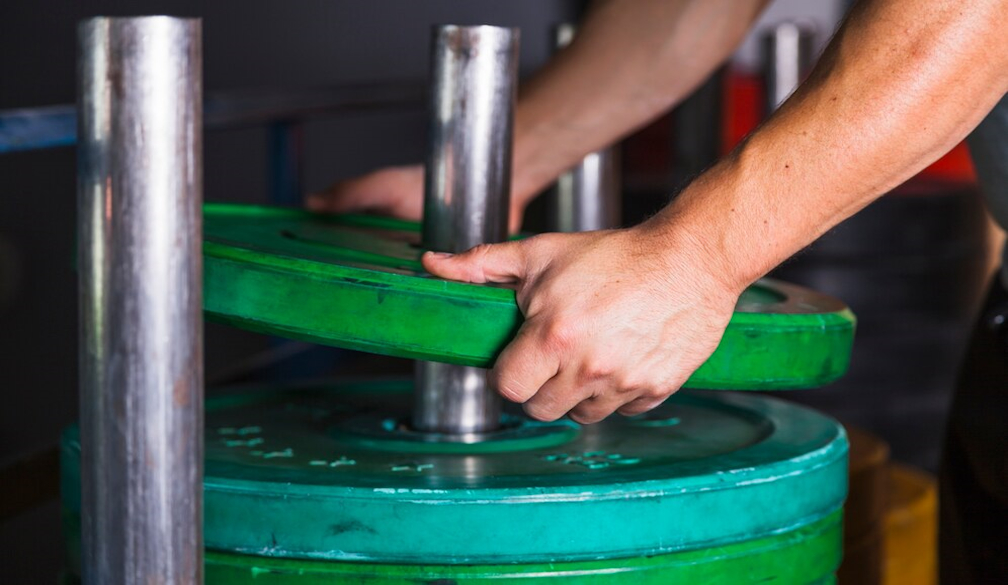The Evolution of Swiss Watches - A Journey Through Time and Innovation

The story of Swiss watches is a fascinating tale of innovation, precision, and artistry. Revered globally for their excellence, Swiss watches have evolved from simple timekeeping instruments to symbols of luxury and status. This article delves into the remarkable journey of Swiss watchmaking - from classic brands such as Rolex to modern ones such as Cartier - that have shaped its history.
The Early Beginnings
Swiss watchmaking began in the 16th century, driven by advancements in metallurgy and mechanics. By the 18th century, Geneva had become a hub for watchmaking, with artisans crafting intricate timepieces. Brands like Vacheron Constantin, established in 1755, played a pivotal role during this era, introducing some of the first complicated watches.
The Industrial Revolution and Mass Production
The 19th century saw the Industrial Revolution transform Swiss watchmaking. Mass production techniques enabled brands like Longines, founded in 1832, to produce watches on a larger scale. This period also marked the birth of Omega in 1848, which would later gain fame for precision and durability.
Innovation and the World Wars
The first and second World Wars were periods of significant innovation for Swiss watches. Military demands led to the development of more robust and accurate timepieces. Brands like Rolex, founded in 1905, introduced waterproof watches with the Oyster case in 1926. Omega’s military watches from this era set the stage for its later professional lines, including the legendary Speedmaster.
The Quartz Crisis and Swiss Resilience
The 1970s brought the Quartz Crisis, with electronic quartz watches challenging traditional mechanical watchmaking. Swiss brands responded with innovation. In 1983, Swatch emerged, revolutionising the industry with affordable, fashionable quartz watches, breathing new life into Swiss watchmaking.
The Luxury Era and Technological Advancements
Post-Quartz Crisis, Swiss brands refocused on luxury and mechanical precision. Patek Philippe, with its intricate complications and timeless designs, exemplified this era. TAG Heuer also thrived, blending sportiness with luxury.
Modern Times and Diversification
Today, Swiss watchmaking is a blend of tradition and cutting-edge technology. Brands like Hublot have emerged, known for bold designs and material innovation, while Audemars Piguet continues to impress with its iconic Royal Oak series.
Sustainability and Ethical Watchmaking
In recent years, sustainability has become a focus. Brands like IWC Schaffhausen and Oris are actively pursuing eco-friendly practices, signalling a new direction in Swiss watchmaking.
The Digital Age and Smartwatches
The advent of smartwatches has introduced a new challenge. Swiss brands, known for mechanical watches, are now exploring the smartwatch market. TAG Heuer has been a front-runner in this space with its Connected series.
Swiss Watches as Investments
Swiss watches have also become valuable investment pieces. Brands like Rolex and Patek Philippe are known for timepieces that retain or appreciate in value, making them more than just luxury items but sound investments.
Conclusion
The evolution of Swiss watches is a testament to human ingenuity and the relentless pursuit of perfection. From their humble beginnings to the pinnacle of luxury and innovation, Swiss watches have stood the test of time. They continue to fascinate and inspire, a symbol of artistry, tradition, and technological prowess. As we look to the future, Swiss watchmaking is poised to continue its legacy, adapting to new challenges and always remaining a step ahead in the timeless art of timekeeping.






